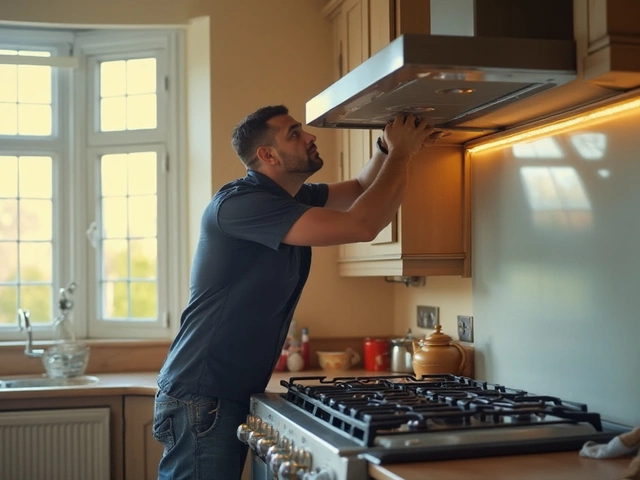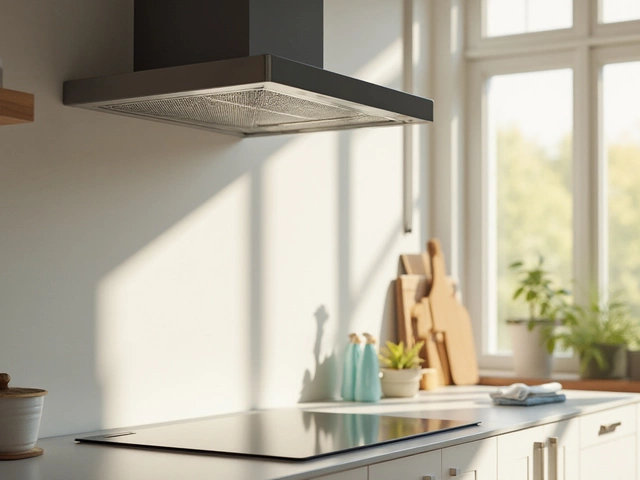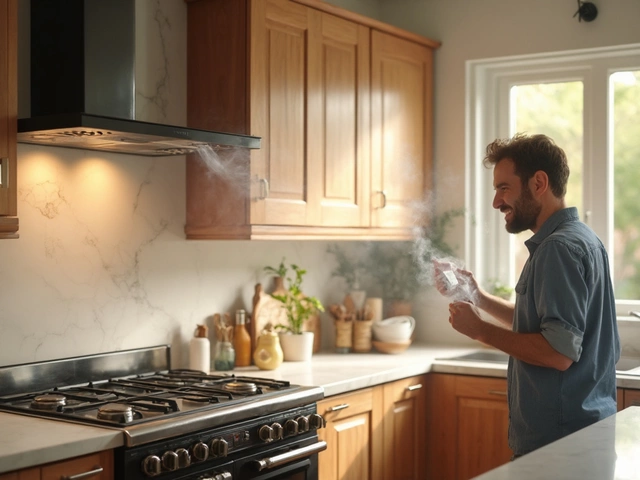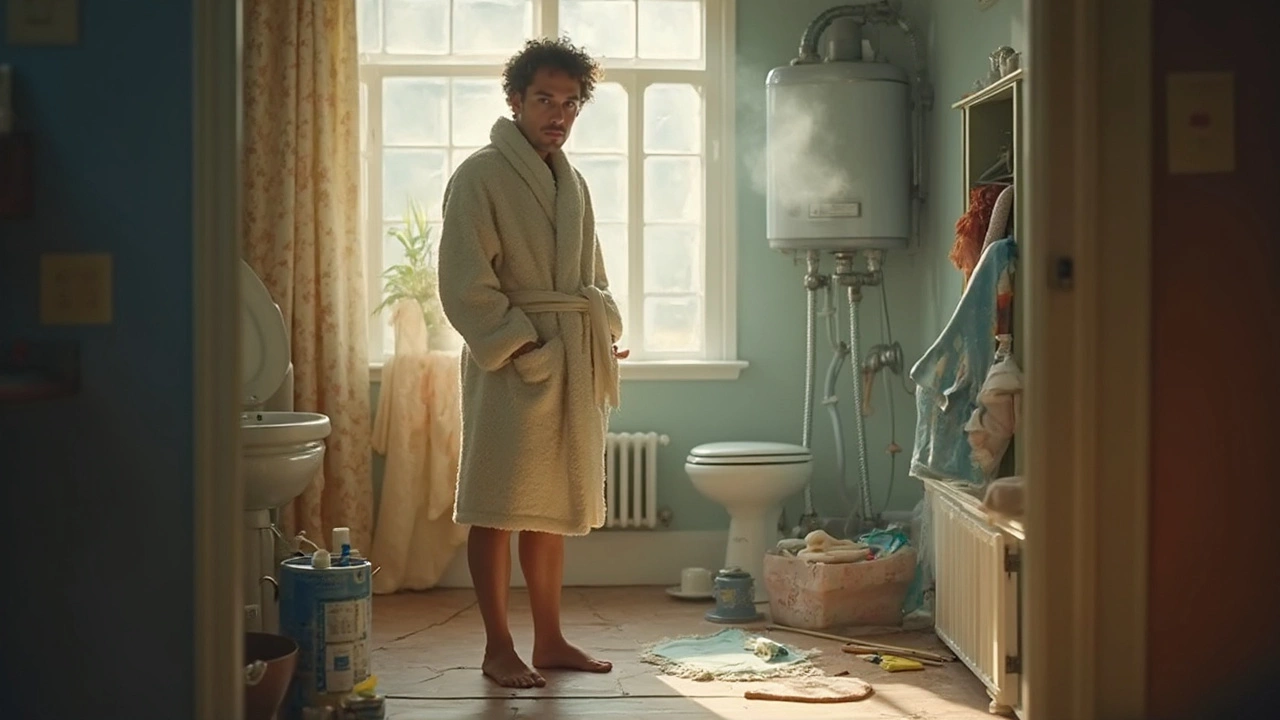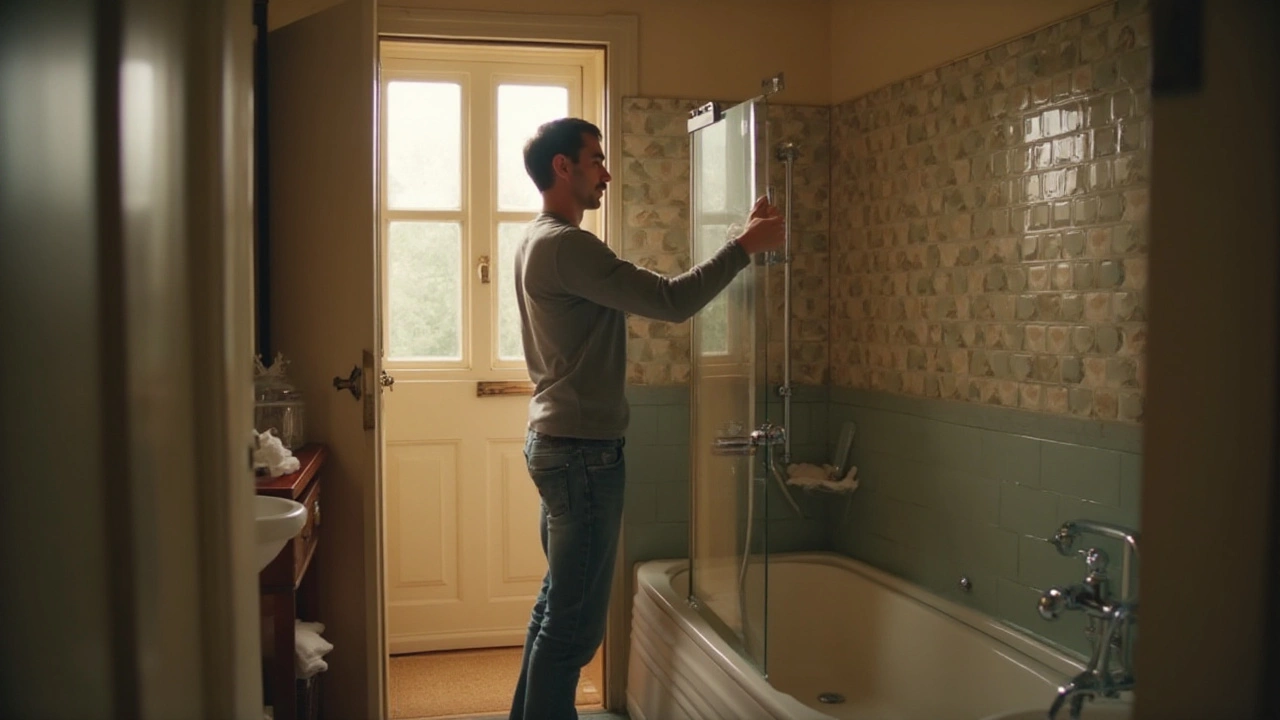Water Heater Problems: What to Do When Your Hot Water Stops
Staring at a cold shower is never fun. Most of the time the fix is easier than you think, but knowing the basics can save you time and money. This guide pulls together the most common reasons a water heater stops working and gives you step‑by‑step actions you can try before picking up the phone.
Common Causes of No Hot Water
First, figure out what type of heater you have. In Rugby most homes use either a gas‑fed tank or an electric storage unit. The symptoms differ a bit, but a few clues point to the usual culprits.
- Power or gas supply issues. If the breaker has tripped or the gas valve is closed, the heater won’t fire up. Check your fuse box – look for a tripped switch and reset it. For gas, make sure the knob is turned to “on” and that you hear a faint hissing sound when the pilot ignites.
- Thermostat set too low. It sounds simple, but many people accidentally dial the control down to save energy and then wonder why the water is lukewarm. Raise the temperature to around 60°C (140°F) and wait a few minutes.
- Faulty heating element. Electric heaters have two elements; if one burns out you’ll get only a trickle of heat. A quick test with a multimeter can tell you if the element is dead, but most homeowners skip this and call a pro.
- Build‑up of sediment. Over time minerals settle at the bottom of the tank, insulating the water from the burner. This makes the heater work harder and can cause it to overheat and shut off.
- Leaking or corroded dip tube. The dip tube sends cold water to the bottom of the tank. If it’s cracked, cold water mixes with hot water and you end up with a constant lukewarm shower.
Knowing which of these sounds familiar helps you decide the next step.
Quick Fixes & When to Call a Pro
Reset the unit. Most modern heaters have a reset button near the thermostat. Press it, wait a minute, then try the hot water again. This can clear a minor overload.
Flush the tank. Turn off power or gas, attach a garden hose to the drain valve, and let the water run until it’s clear. This removes sediment and can restore efficiency. Do this once a year to prevent future problems.
Check the pressure relief valve. Lift the lever briefly; you should hear a burst of water. If nothing happens, the valve is stuck and needs replacement – a job best left to a qualified technician.
Replace the thermostat or heating element. If you have a multimeter and feel comfortable, test for continuity. No continuity means a bad part. Ordering the correct replacement from a local supplier is cheap, but installation can involve wiring or gas connections, so many choose a pro.
Call the experts. When you suspect a gas leak, a cracked dip tube, or a broken control board, it’s safest to let a licensed plumber or heating engineer handle it. They have the tools to safely work with gas lines and high‑voltage components.
Regular maintenance can stop most of these headaches. Schedule a quick inspection once a year – a professional will check the anode rod, test safety valves, and top off the water level. Simple steps like turning the thermostat down a degree in winter can also extend the heater’s life.
Bottom line: most water heater problems have a clear cause and a simple fix you can try at home. If the basics don’t work, don’t gamble with gas or electricity – call Rugby Appliance Repair Services. Our technicians know the local water supply, have the right parts on hand, and can get your hot water back in action fast.
